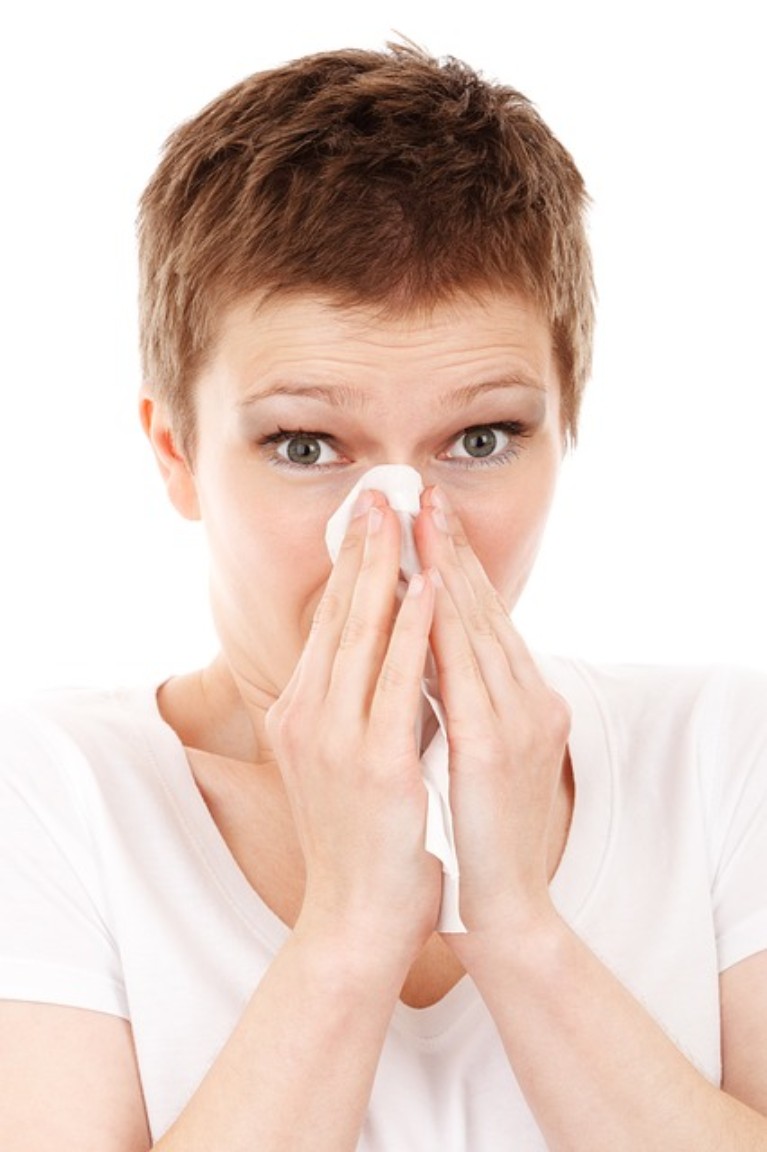Winter means more time indoors, often in cramped confines like classrooms and offices. To make matters worse, researchers at Yale University School of Medicine found that exposure to cold air partially suppresses our immune systems, making it easier for us to succumb to illnesses. That’s why rhinovirus, or the common cold, thrives during the winter months. Because it’s a virus and not bacteria, antibiotics are useless against colds. There are plenty of over-the-counter medicines available to ease cold symptoms, but many people prefer natural alternatives. Essential oils have enjoyed a renaissance in the past few years. When used correctly, they may help manage cold symptoms and even boost immunity to prevent colds from taking hold in the first place.
Essential Oils for Colds
Essential oils are distilled from plants. They have been used medicinally by many different cultures for ages, dating back to at least the 12th century. Tea tree, lavender, and rosemary have antimicrobial properties, meaning they kill certain microorganisms such as bacteria and fungus. Eucalyptus is a decongestant, which can help open blocked nasal passages. Frankincense is an anti-inflammatory. Some oils, including tea tree, lemon, eucalyptus, and lavender, have immune-boosting properties.
Most essential oil companies make their own special blends that serve specific purposes. One such blend designed for cold prevention and treatment is based on the “four thieves” legend, which holds that a group of thieves robbed the dead during the plague, yet never got sick due to a special blend of plant oils they had rubbed on themselves. Whether or not the tale is true, there is a tremendous amount of anecdotal evidence that many of these proprietary “legend-based” blends may help prevent colds. The blend usually contains rosemary, mint, lavender, citrus, and some combination of several other oils.
How to Use Essential Oils
There are several ways to get the benefits of essential oils. Diffusing involves dispersing the oil into the air for inhalation and to kill airborne microorganisms. A cold air diffuser may be the best choice, since heating the oils can alter their properties. Tea tree, lavender, and eucalyptus are often diffused to purify the air. For topical use, oils such as tea tree and proprietary blends should be mixed with a “carrier oil,” like coconut or jojoba, before applying to the bottoms of the feet. You can also mix essential oils with water in a spray bottle and use them to clean and sanitize your home. Wild orange, tea tree, and lemon oils are commonly used for cleaning.
Safety Advice
Essential oils are potent and can be dangerous if not used correctly. Do not use them on children or if you are pregnant unless directed by a physician. Do not use them on pets, as their effects on animals are different from those on humans. Most essential oils should not be taken internally. Review safety guidelines for your chosen oils before using them.










Connect With Us